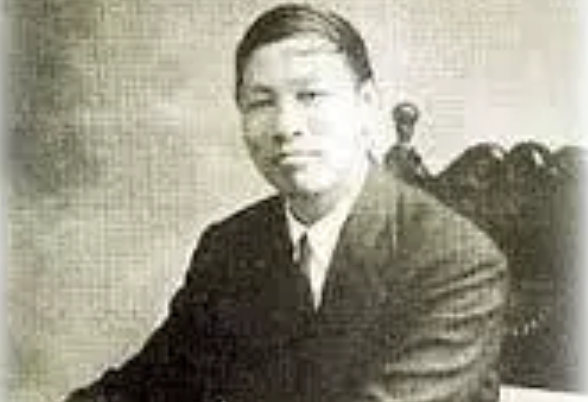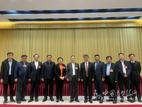A professor gave a lecture on Watchman Nee’s contribution to the localization of Christianity in China to commemorate the 50th anniversary of his death.
At the 2022 Annual Conference of the Journal of Research for Christianity in China held online on May 30th, the conference invited eleven scholars and professors from different institutes to give academic lectures. Through the flexible online interactive mode, the conference which was divided into two sessions promoted the communication between scholars and shows their respective academic research progresses, ideas, and current situation.
In the second session, Professor Yu Qiang from Shanghai University shared his academic research achievement in a lecture on the topic of “Local Church Movement and Localization of Christianity in China: Commemorating the 50th Anniversary of Watchman Nee’s Death”.
Professor Yu Qiang said that this year there are two special events to commemorate the 100th anniversary of the “Anti-Christian Movement” and the 50th anniversary of Chinese church leaderWacthman Nee’s death. The main content of his research was Nee’s thoughts and practices in the Local Church Movement (also known as the Little Flock Movement), as well as its influence and significance on the indigenization of Christianity in China at the present stage.
Professor Yu claimed that what we should, first of all, think about is indigenization. He quoted the word of Professor Lin Zhiping, “(Indigenization) is the process of cultural change after the contact between foreign culture and local culture. How culture A finds its foothold and root in culture B, and how some symbolic meanings of culture A are accepted by culture B, and at the same time take root and develop in culture B, even blossom and bear fruit. The whole process and the problems encountered in it can be called ‘the process of indigenization’.”
The indigenization of Christianity meant that Christianity must enter the Chinese cultural system and combine with Chinese cultural society, so as to find the system in which it takes root and develops in Chinese culture.
As to whether Christianity should be indigenized in China, Professor Yu stressed it was a false proposition. Christianity as a worldwide religion with universal principles has started the process of localization since its spreading. From the history of the spread of Christianity in China, since Nestorianism came into China, Christianity has been exploring its own way of indigenization in China.
Instead, Professor Yu highlighted that the core issue of discussion was how to localize Christianity in China. No matter the Church of Christ in China, the Jesus Family,
True Jesus church or the local church led by Nee, they were all explorations of the path of the indigenization of Christianity in China at that time. Academics generally believe that the local church movement by Nee was one of the successful practices of Christian indigenization in modern Chinese history.
Professor Yu discussed the specific ideas and practices of local churches led by Nee in his academic researches.
The main idea of local churches for Nee is to return to the Bible and break away from denominations. The most favorable theoretical basis for Nee’s critic on the missionary society was that “the source of Christians’ faith is the Bible, not the tradition.” By returning to the Bible and breaking away from sects, the Chinese theologian and giant leader achieved the goal of “breaking” from the Western missionaries.
To explained howNee “established” the “local church”, the professor said that Neestarted the internal and spiritual reconstruction of Chinese Christians through “spiritual” campaigns, seeking the essential relationship between God and man.
Secondly, in the establishment of the church, in addition to calling for a “breakaway from denominations”, Nee also started to rebuild “local churches” according to the principles of the Bible.
Thirdly, in the autobiographical principle of the local church, he believed that the mission of evangelizing ought to be undertaken by the local church rather than the missionary organizations outside the church.
Professor Yu concluded, “By returning to the tradition of the Bible, Watchman Nee reconstructed the Chinese church from two paths: theological thought and church establishment, which can be said to have achieved certain success. An important feature of Nee’s local church philosophy and practice is that it avoids the perplexity of heterogeneous cultural factors, gets rid of the interference of secular traditions of western denominations, and explores the essence of Christian faith.”
- Translated by Charlie Li











